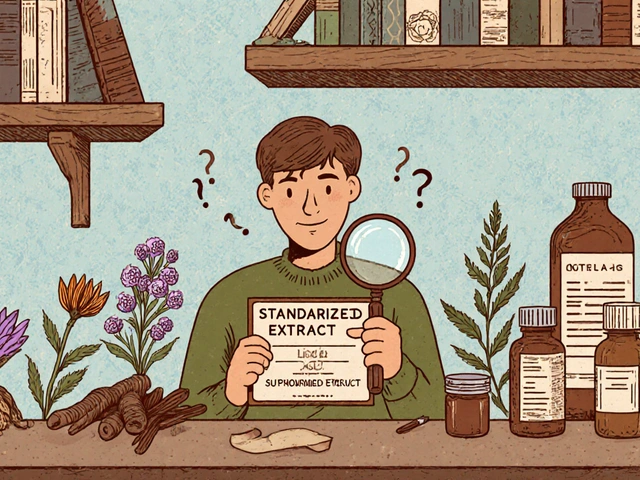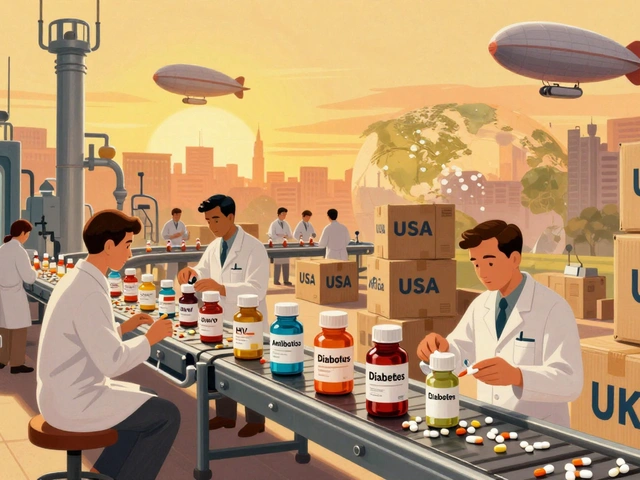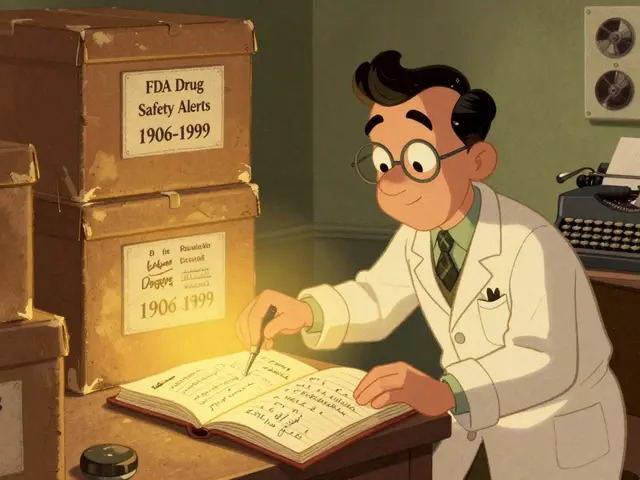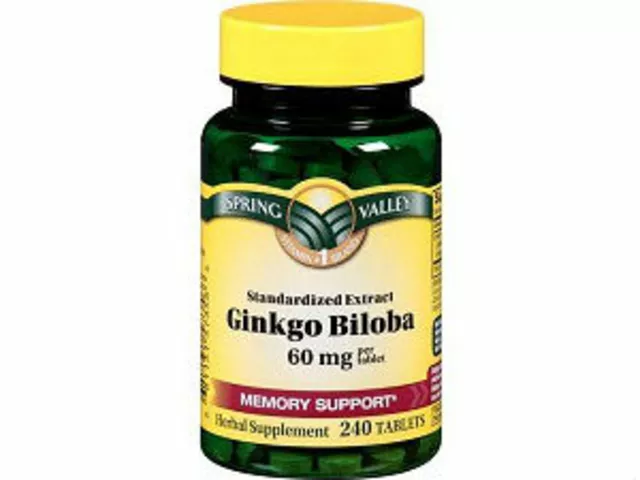Pregnancy: What to know about meds, fertility, and safety
Did you know some commonly used drugs can harm a fetus after a single dose? If you’re pregnant, trying to conceive, or breastfeeding soon, the drug choices you make matter. This tag gathers practical articles about which meds to avoid, safer alternatives, and how to get clear, trustworthy advice.
Quick safety rules you can use right now
Don’t stop medicines on your own. Stopping some drugs suddenly can be worse than taking them. Instead, call your OB or pharmacist and ask for a plan. Ask questions like: “Is this medication safe now?” and “Do I need a different dose or a safer substitute?”
Know a few high-risk examples so you can spot red flags fast: isotretinoin (often sold as Isotroin) is highly teratogenic and needs strict prevention programs; angiotensin receptor blockers like losartan (Cozaar) are linked to serious fetal harm, especially in later pregnancy; many newer drugs for rare conditions (for example some PAH medicines) also carry risks and need specialist care. Other drugs have mixed data or limited studies—ask a specialist.
Use reliable sources: your OB, a clinical pharmacist, and pregnancy exposure registries. Pharmacists can check interactions quickly, and registries help track outcomes for newer drugs. If a medication has uncertain safety, you’ll want a documented plan and closer follow-up.
How this tag helps — and which posts to read first
This tag groups articles that tackle common pregnancy issues: fertility treatments, acne meds, blood pressure drugs, antibiotics, and more. Read the pieces that match your situation, then bring notes to your appointment.
- 8 Alternatives in 2025 to Isotroin: Options when isotretinoin isn’t safe or possible.
- 5 Alternatives to Clomid in 2025: New fertility choices and what to ask your doctor.
- Cozaar: Understanding Losartan’s Role: Why ARBs like losartan are a pregnancy risk and what to use instead.
- Lasix Uses, Benefits, and Safety: How diuretics are handled in pregnancy and when they’re needed.
- Acamprosate in Alcohol Rehab: Substance use matters in pregnancy—ask about safer treatment plans.
Other posts on this tag dig into antibiotics, topical steroids, inhalers, and drug interactions that matter if you’re pregnant. Read the article that fits your concern and then check with your provider.
Final practical tip: keep a current medication list (prescription, OTC, and supplements) and share it at every visit. That simple step prevents mistakes and makes conversations with your care team faster and clearer.
Want a quick link to specific posts or a pharmacy safety guide? Use the search on this page or click any article title to read more. If you’re worried right now about a drug you’re taking, call your provider or local poison control for immediate guidance.

Hypocalcemia in Pregnancy: What to Know and How to Manage It
As a pregnant woman, I recently learned about hypocalcemia, a condition where the body has low calcium levels. It's crucial to be aware of this issue during pregnancy as calcium plays a vital role in both the mother's and baby's health. To manage hypocalcemia, it's recommended to consume calcium-rich foods, such as dairy products, leafy greens, and almonds. Additionally, taking calcium supplements and maintaining regular check-ups with your healthcare provider can help ensure a healthy pregnancy. It's important to keep an eye on our calcium levels to support the well-being of both ourselves and our babies.
Read More




